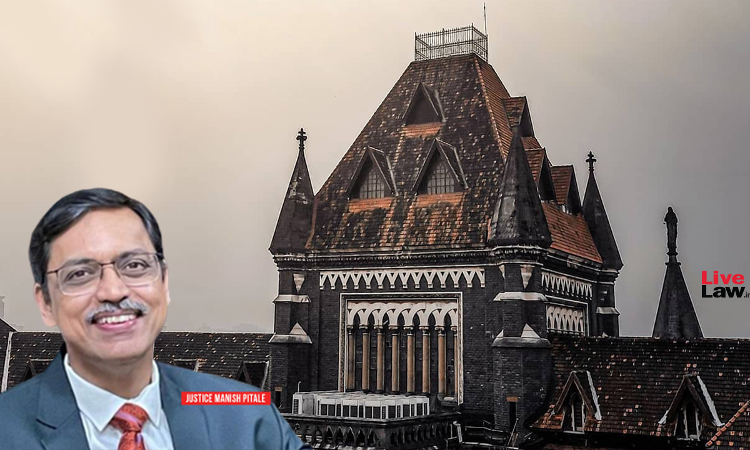Arbitration-Court To Apply Reasonable Third Person Test While Considering Arbitrators’ Requirement For Disclosure, If The Case Doesn’t Fall Under The Lists Under IBA Guidelines: Bombay High Court
Parina Katyal
29 April 2023 11:00 AM IST

Next Story
29 April 2023 11:00 AM IST
